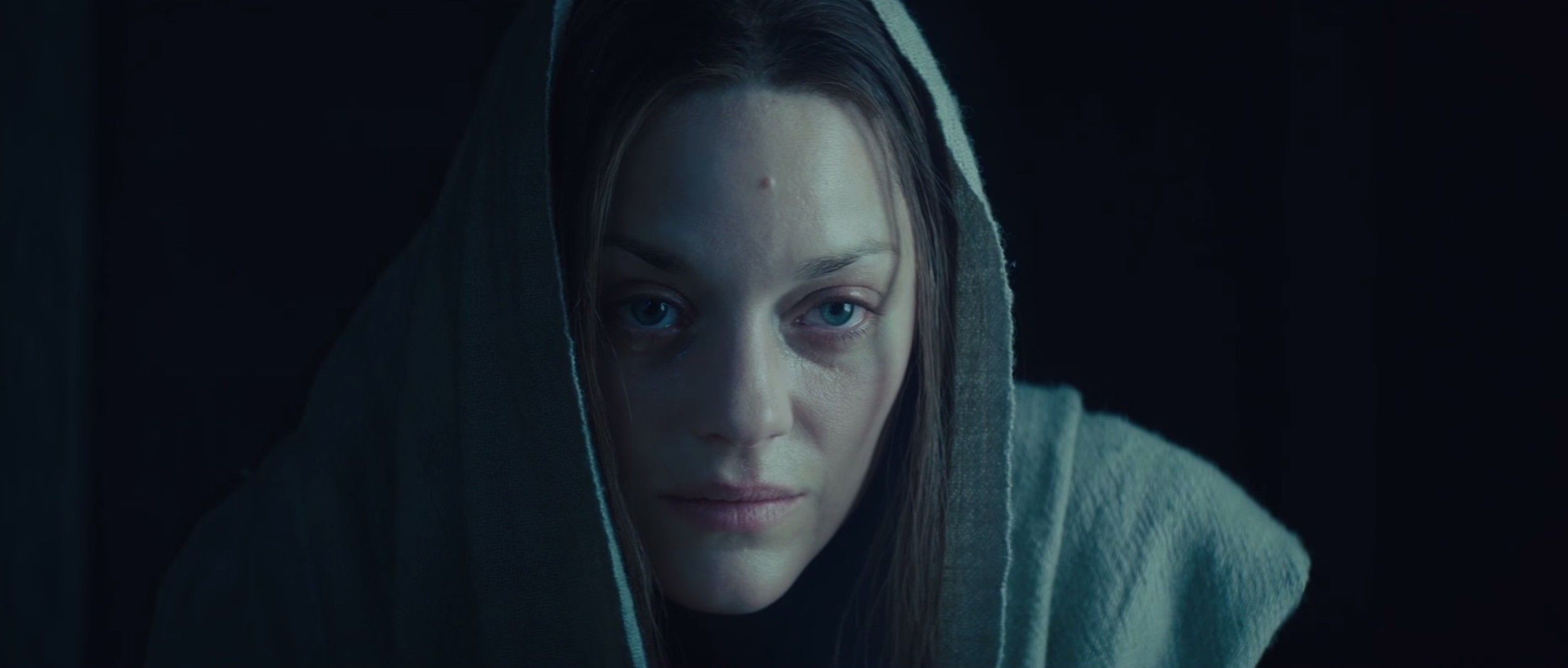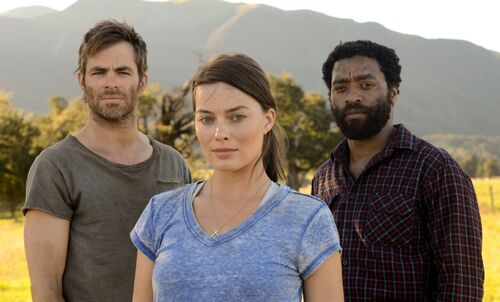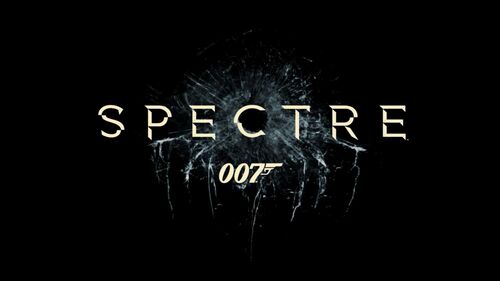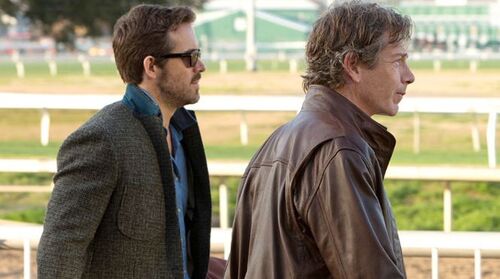
Macbeth Review
 Macbeth reminds me of a lecturer I had at uni that once described the words of Shakespeare as like musical notation – even if you don’t understand the individual ‘noises’, you are still left with a full understanding of the whole. And as I sat in the cinema, struggling to keep pace with the new film adaptation of ‘The Scottish play’ I read 15 years ago, the warmth of understanding very quickly crept over me. It was an understanding which was fully promoted by Justin Kurzel’s wonderful new take on Macbeth’s descent into madness.
Macbeth reminds me of a lecturer I had at uni that once described the words of Shakespeare as like musical notation – even if you don’t understand the individual ‘noises’, you are still left with a full understanding of the whole. And as I sat in the cinema, struggling to keep pace with the new film adaptation of ‘The Scottish play’ I read 15 years ago, the warmth of understanding very quickly crept over me. It was an understanding which was fully promoted by Justin Kurzel’s wonderful new take on Macbeth’s descent into madness.
The opening scenes of Macbeth are like a force of nature with the action encircled by the misty backdrop of the Scottish highlands. Kurzel uses extreme slow motion to fully realise the graphic images of murder and sweat, as Michael Fassbender’s Macbeth wins another battle, with the three witches off in the commentator gantry.
The witches prophesise that Macbeth will soon be made Thane of Cawdor, a Scottish level of nobility, before eventually becoming the King of Scotland. They also note that Macbeth’s partner in field battle, Banquo will raise a host of children that will be king. The men dismiss the notion only for a messenger to arrive to tell Macbeth that his recent victories have moved King Duncan to in fact recognise him with the aforementioned noble stature. Thane Macbeth relays the news to Lady Macbeth and soon she is plotting the demise of King Duncan so that the Macbeths can take the throne for themselves. It’s (almost literally [not really]) a tale as old as time.
Macbeth is essentially a two-hander and one of the strongest two-handers in recent memory. I am not sure who impresses the most – Michael Fassbender as the powerful and psychotic Macbeth or Marion Cotillard as the deranged and ambitious Lady Macbeth. They work so well together, from the scene where she is questioning his manhood over his hesitance in killing King Duncan, to the wonderful and disturbing moment where she finally realises that things have gone too far and is following him around their room, trying to stop him from ordering the deaths of a young family. They are utterly compelling and Cotillard’s ‘sleepwalking scene’ in the church is heart breaking and powerful in equal measures.
Kurzel has been criticised for being too heavy-handed in his editing, but he has in fact created a highlights reel of Shakespeare’s masterpiece. And more impressively, he has done so without removing the very things that make Macbeth sublime. His use of colour is wonderful and his use of the Isle of Skye is mesmerising, especially as he never ducks away from the chance to set a scene on a precarious mountain edge or on a misty, drizzle-soaked valley. The fighting scenes have been lazily compared with Braveheart (I imagine because of the Scottish connection), but Kurzel manages to make the viewer feel like they are standing in the middle of the struggles as opposed to observing them from the side lines.
Undiluted Shakespeare is always a risk and it’s impressive that this film was even made. It won’t mean anything in the long run, but I took heart from the fact that I watched Macbeth in an almost full cinema in Germany at an 11pm showing on a Tuesday night. Macbeth is attracting audiences and that is awesome. Not just because it is good to see our historical cultural artefacts being promoted, but also because it is an excellent movie with brilliant performances. I look forward to Assassin’s Creed, when we four shall meet again.
Check out all our latest ramblings and podcasts on film, TV and everything else


